An interview with Alex Skovron
Alex Skovron is the author of seven poetry collections, a prose novella, The Poet (2005), and a book of short stories, The Man who Took to His Bed (2017). His volume of new and selected poems, Towards the Equator (2014), was shortlisted in the Prime Minister’s Literary Awards. His work has been translated into a number of languages, and he has co-authored book-length translations of two Czech poets: Jiří Orten and Vladimír Holan. His new collection, Letters from the Periphery, is now available. He was born in Poland, lived briefly in Israel, and arrived in Australia aged nine. He lives in Melbourne.
Which poets have most influenced you?
It’s a diverse list. In primary school, not long after my arrival in Australia, I was entranced by Coleridge’s ‘The Rime of the Ancient Mariner’: its narrative drive, its music. By the time I started to write, Shakespeare was in my ears, along with T.S. Eliot’s rhetorical élan and authority. A bit later came Gerard Manley Hopkins, his startling rhythms and subversive syntax; the heady intensity of Rimbaud; Ted Hughes with his vigour and richness of grain; and Dylan Thomas, Sylvia Plath, John Berryman, Kenneth Slessor, Les Murray, Bruce Dawe, Gwen Harwood, Peter Porter, Evan Jones; as well as fellow Poles Zbigniew Herbert, Czesław Miłosz, and Adam Zagajewski. Also the elegies of Rilke and Dante’s Commedia. But not only the poets. James Joyce, whose Ulysses taught me so much about prose; Franz Kafka, who could forge a world in a single paragraph; and the magicians Jorge Luis Borges and Italo Calvino.
Continue reading for only $10 per month. Subscribe and gain full access to Australian Book Review. Already a subscriber? Sign in. If you need assistance, feel free to contact us.


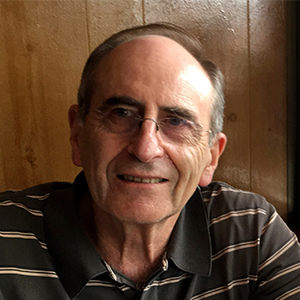
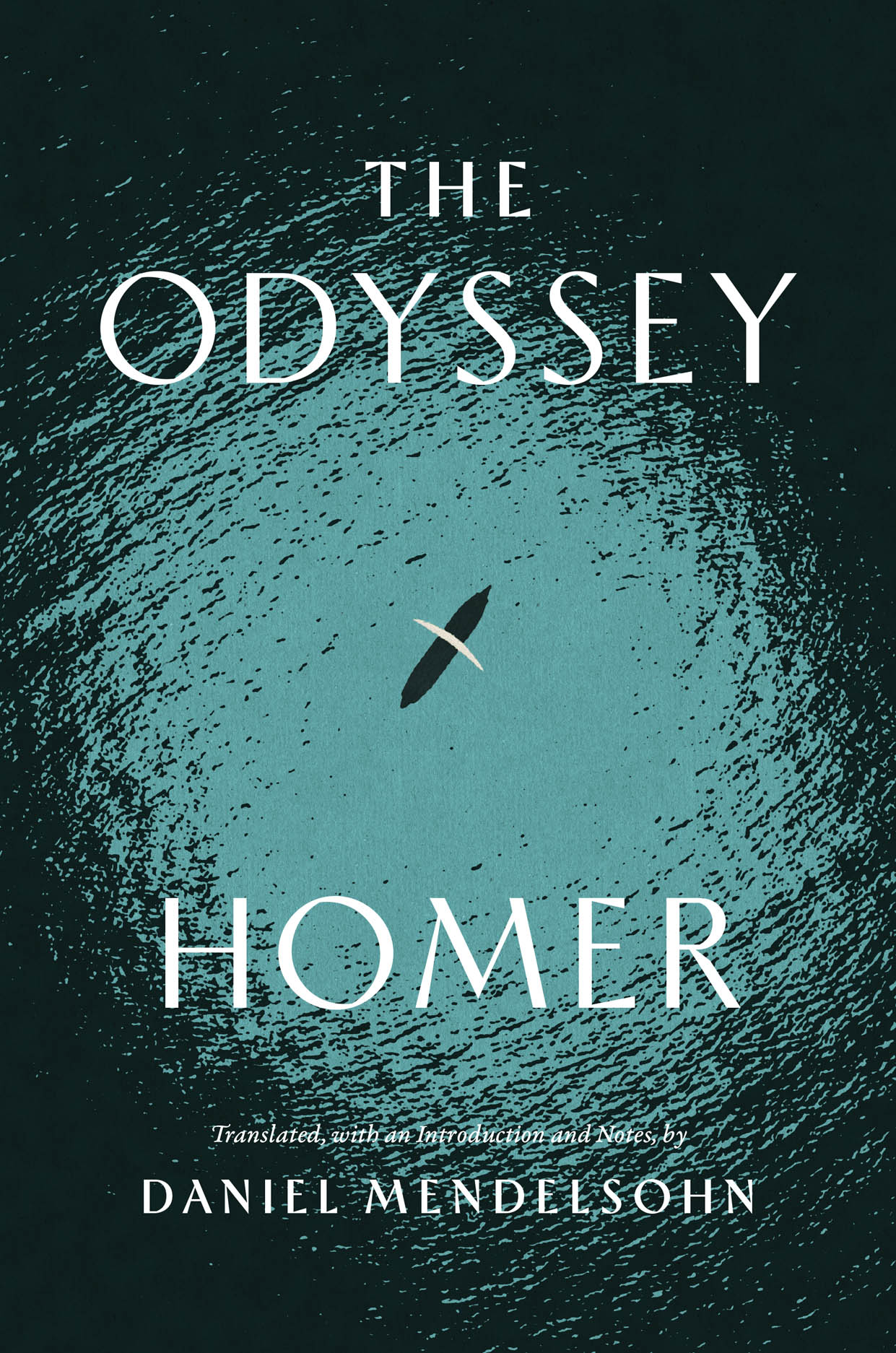
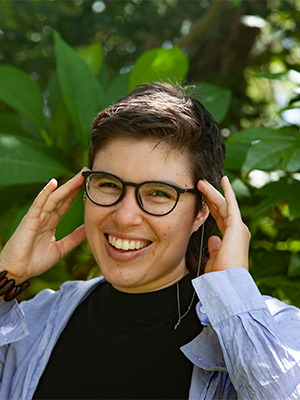
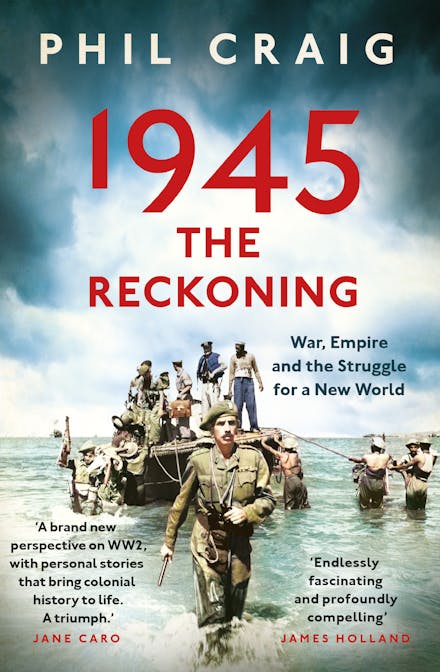
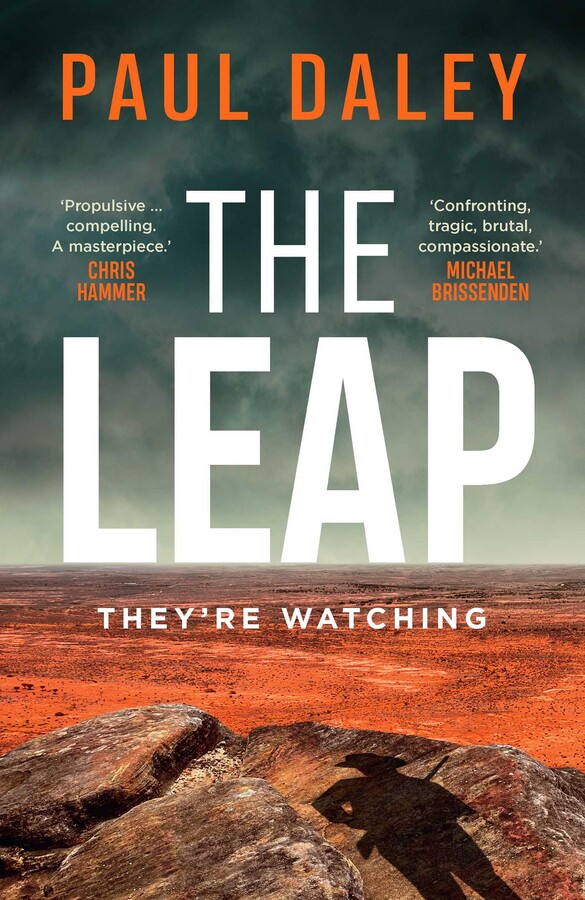
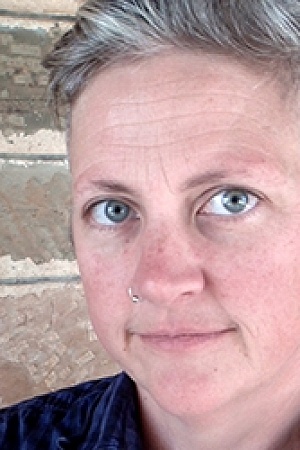
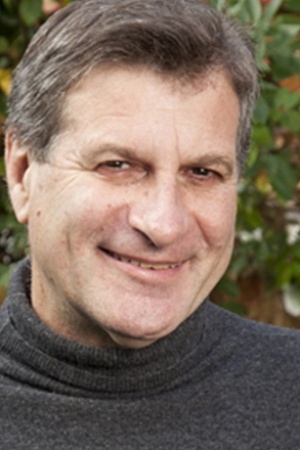


Leave a comment
If you are an ABR subscriber, you will need to sign in to post a comment.
If you have forgotten your sign in details, or if you receive an error message when trying to submit your comment, please email your comment (and the name of the article to which it relates) to ABR Comments. We will review your comment and, subject to approval, we will post it under your name.
Please note that all comments must be approved by ABR and comply with our Terms & Conditions.